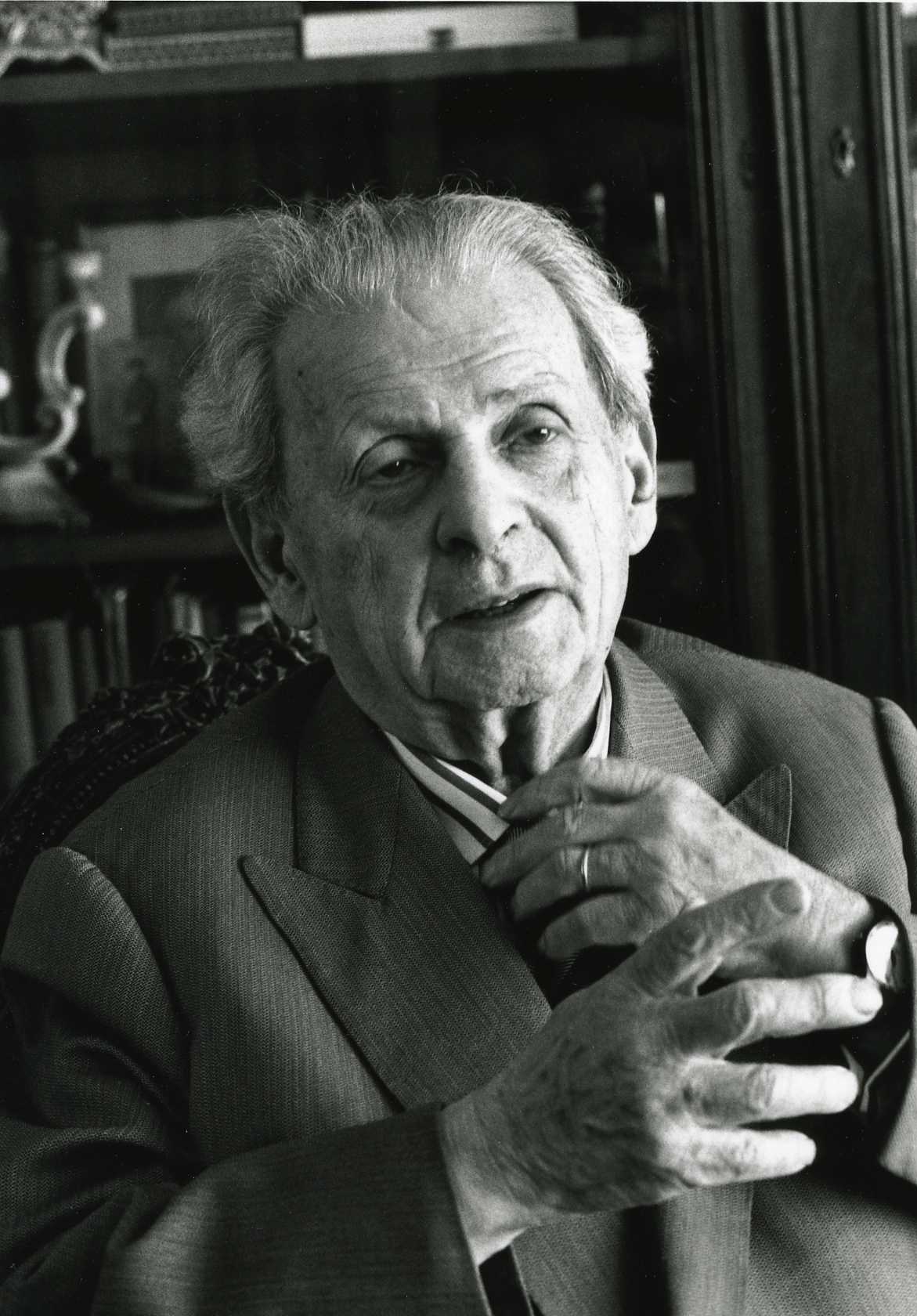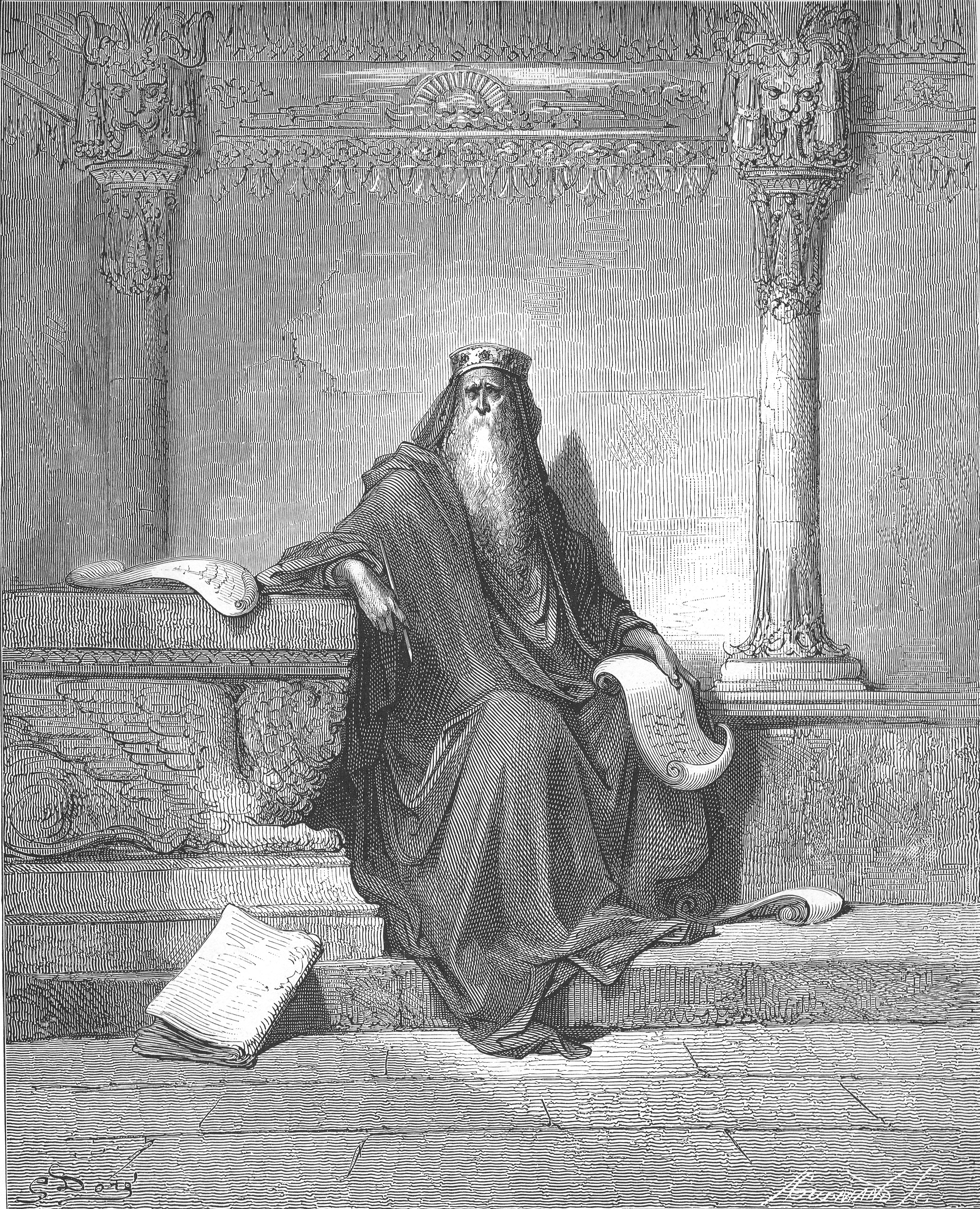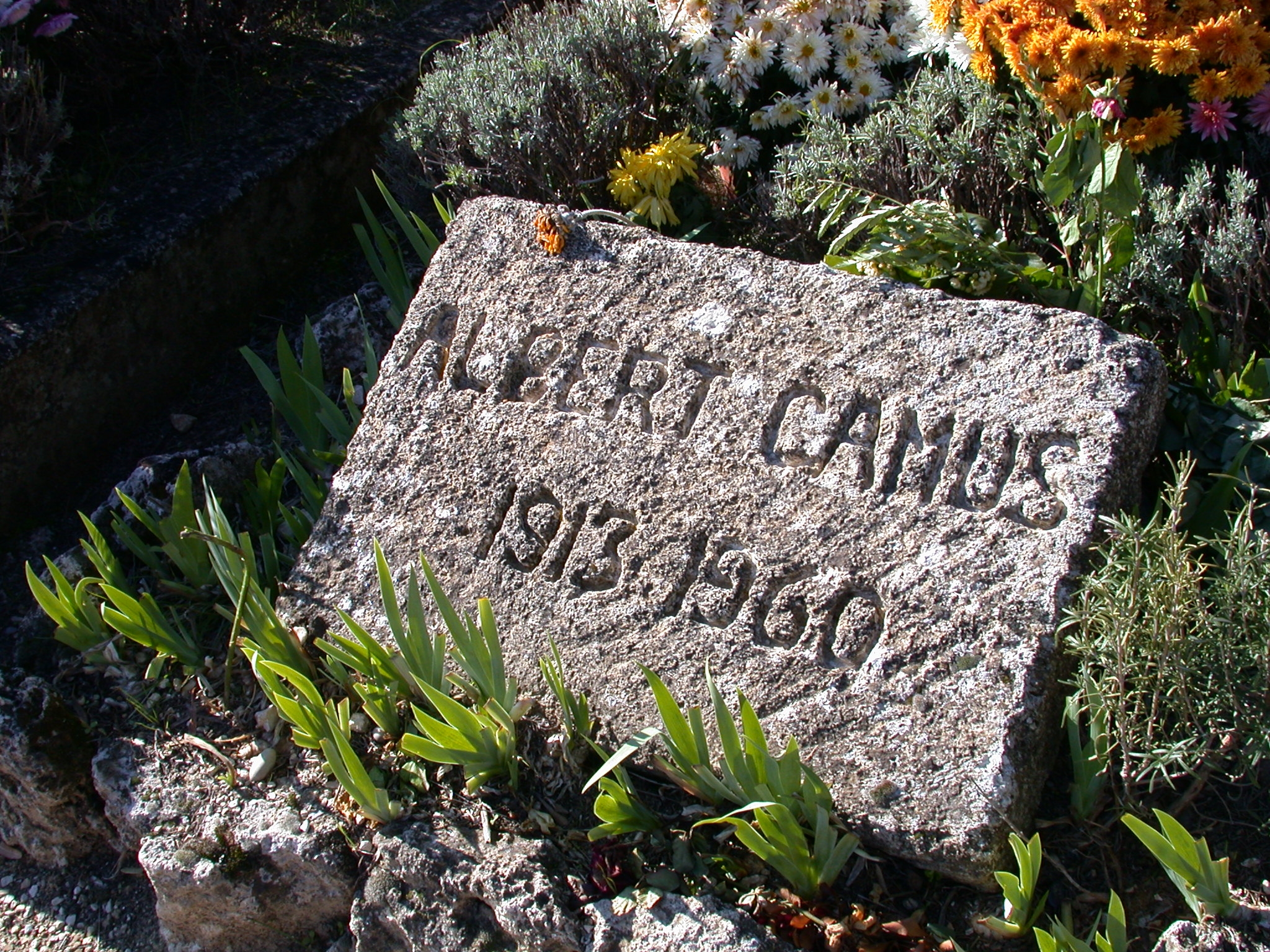|
Dialogue Of Pessimism
The Dialogue of Pessimism is an ancient Mesopotamian literary composition in the form of a dialogue between a master and his slave. Its interpretations have varied, but it is generally considered an unusual text which thematises the futility of human action. It is an example of ancient Near Eastern wisdom literature. Text and dating The Dialogue is a loosely poetic composition in Akkadian, written soon after 1000 BC in Mesopotamia. It was discovered in five different clay tablet manuscripts written in the cuneiform script. The text is well-preserved, as only 15 of its 86 lines are fragmentary. Two textual versions seem to survive, as a Babylonian tablet is substantially different from Assyrian versions. Ancient audiences may have known it by the Akkadian title ''arad mitanguranni'' ("slave, attend me"), the phrase at the beginning of every stanza. Publication and title The text was first published by G. Reisner in 1896, followed by the works of E. Ebeling between 1917 and 1919. H ... [...More Info...] [...Related Items...] OR: [Wikipedia] [Google] [Baidu] |
Mesopotamia
Mesopotamia is a historical region of West Asia situated within the Tigris–Euphrates river system, in the northern part of the Fertile Crescent. Today, Mesopotamia is known as present-day Iraq and forms the eastern geographic boundary of the modern Middle East. Just beyond it lies southwestern Iran, where the region transitions into the Iranian plateau, Persian plateau, marking the shift from the Arab world to Iran. In the broader sense, the historical region of Mesopotamia also includes parts of present-day Iran (southwest), Turkey (southeast), Syria (northeast), and Kuwait. Mesopotamia is the site of the earliest developments of the Neolithic Revolution from around 10,000 BC. It has been identified as having "inspired some of the most important developments in human history, including the invention of the wheel, the planting of the first cereal crops, the development of cursive script, mathematics, astronomy, and agriculture". It is recognised as the cradle of some of t ... [...More Info...] [...Related Items...] OR: [Wikipedia] [Google] [Baidu] |
Søren Kierkegaard
Søren Aabye Kierkegaard ( , ; ; 5 May 1813 – 11 November 1855) was a Danes, Danish theologian, philosopher, poet, social critic, and religious author who is widely considered to be the first existentialist philosopher. He wrote critical texts on organized religion, Christendom, Christianity, morality, ethics, psychology, and the philosophy of religion, displaying a fondness for metaphor, irony, and parables. Much of his philosophical work deals with the issues of how one lives as a "single individual", giving priority to concrete human reality over abstract thinking and highlighting the importance of personal choice and commitment. Kierkegaard's theological work focuses on Christian ethics, the Christian Church, institution of the Church, the differences between purely objective Christian apologetics, proofs of Christianity, the infinite qualitative distinction between man and God, and the individual's subjective relationship to the God-Man Jesus Messiah, Christ, which came ... [...More Info...] [...Related Items...] OR: [Wikipedia] [Google] [Baidu] |
Akkadian Literature
Akkadian literature is the ancient literature written in the East Semitic languages, East Semitic Akkadian language (Assyrian people, Assyrian and Babylonian language, Babylonian dialects) in Mesopotamia (Akkadian Empire, Akkadian, Assyria and Babylonia) during the period spanning the Middle Bronze Age to the Iron Age (roughly the 25th to 4th centuries BC). Drawing on the traditions of Sumerian literature, the Akkadians, Assyrians and Babylonians compiled a substantial textual tradition of mythological narrative, legal texts, scientific works, letters and other literary forms. Conversely, Akkadian also influenced Sumerian literature. Literature in Akkadian society Most of what we have from the Assyrians and Babylonians was inscribed in cuneiform (script), cuneiform with a metal stylus on tablets of clay, called ''laterculae coctiles'' by Pliny the Elder; papyrus seems to have also been utilised, but not been preserved. There were libraries in most towns and temples in Sumer, Akk ... [...More Info...] [...Related Items...] OR: [Wikipedia] [Google] [Baidu] |
Ancient Near East Wisdom Literature
Ancient history is a time period from the beginning of writing and recorded human history through late antiquity. The span of recorded history is roughly 5,000 years, beginning with the development of Sumerian cuneiform script. Ancient history covers all continents inhabited by humans in the period 3000 BCAD 500, ending with the expansion of Islam in late antiquity. The three-age system periodises ancient history into the Stone Age, the Bronze Age, and the Iron Age, with recorded history generally considered to begin with the Bronze Age. The start and end of the three ages vary between world regions. In many regions the Bronze Age is generally considered to begin a few centuries prior to 3000 BC, while the end of the Iron Age varies from the early first millennium BC in some regions to the late first millennium AD in others. During the time period of ancient history, the world population was exponentially increasing due to the Neolithic Revolution, which was in full progr ... [...More Info...] [...Related Items...] OR: [Wikipedia] [Google] [Baidu] |
Theodicy
In the philosophy of religion, a theodicy (; meaning 'vindication of God', from Ancient Greek θεός ''theos'', "god" and δίκη ''dikē'', "justice") is an argument that attempts to resolve the problem of evil that arises when all power and all goodness are simultaneously ascribed to God. Unlike a ''defence'', which merely tries to demonstrate that the coexistence of God and evil is logically possible, a theodicy additionally provides a framework wherein God and evil's existence is considered plausible. The German philosopher and mathematician Gottfried Leibniz coined the term "theodicy" in 1710 in his work , though numerous responses to the problem of evil had previously been proposed. Similar to a theodicy, a cosmodicy attempts to justify the fundamental goodness of the universe, and an anthropodicy attempts to justify the goodness of humanity. Definition and etymology As defined by Alvin Plantinga, a theodicy is "an answer to the question of why God permits evi ... [...More Info...] [...Related Items...] OR: [Wikipedia] [Google] [Baidu] |
Deuteronomy
Deuteronomy (; ) is the fifth book of the Torah (in Judaism), where it is called () which makes it the fifth book of the Hebrew Bible and Christian Old Testament. Chapters 1–30 of the book consist of three sermons or speeches delivered to the Israelites by Moses on the Plains of Moab, shortly before they enter the Promised Land. The first sermon recounts the Moses#The years in the wilderness, forty years of wilderness wanderings which had led to that moment and ends with an exhortation to observe the law. The second sermon reminds the Israelites of the need to follow Yahweh and the laws (or teachings) he has given them, on which their possession of the land depends. The third sermon offers the comfort that, even should the nation of Israel prove unfaithful and so lose the land, with repentance all can be restored. The final four chapters (31–34) contain the Song of Moses, the Blessing of Moses, and the narratives recounting the passing of the mantle of leadership from Mose ... [...More Info...] [...Related Items...] OR: [Wikipedia] [Google] [Baidu] |
Agur
Agur ben Jakeh () was a sage and a compiler of a collection of proverbs found in Proverbs 30, which is sometimes known as the ''Book of Agur'' or ''Sayings of Agur''. Biblical accounts The initial text of the chapter runs as follows ( JPS translation), and bears great similarity to . This translation is not universally accepted as correct; see below. The text (verse 1) seems to say that he was a "Massaite," the gentilic termination not being indicated in the traditional writing "Ha-Massa." This place has been identified by some Assyriologists with the land of Mash, a district between Judea and Babylonia, and the traces of nomadic or semi-nomadic life and thought found in and give some support to the hypothesis. Heinrich Graetz, followed by Bickell and Cheyne, conjectures that the original reading is ("Ha-Moshel" = "the collector of proverbs"). Even still, the root word ''maššā'' denotes something that is carried, and it is used several times in the prophetic books of t ... [...More Info...] [...Related Items...] OR: [Wikipedia] [Google] [Baidu] |
Book Of Job
The Book of Job (), or simply Job, is a book found in the Ketuvim ("Writings") section of the Hebrew Bible and the first of the Poetic Books in the Old Testament of the Christian Bible. The language of the Book of Job, combining post-Babylonian Hebrew and Aramaic influences, indicates it was composed during the Persian period (540-330 BCE), with the poet using Hebrew in a learned, literary manner. It addresses the problem of evil, providing a theodicy through the experiences of the eponymous protagonist. Job is a wealthy God-fearing man with a comfortable life and a large family. God discusses Job's piety with Satan (). Satan rebukes God, stating that Job would turn away from God if he were to lose everything within his possession. God decides to test that theory by allowing Satan to inflict pain on Job. The rest of the book deals with Job's suffering and him successfully defending himself against his unsympathetic friends, whom God admonishes, and God's sovereignty over na ... [...More Info...] [...Related Items...] OR: [Wikipedia] [Google] [Baidu] |
Old Testament
The Old Testament (OT) is the first division of the Christian biblical canon, which is based primarily upon the 24 books of the Hebrew Bible, or Tanakh, a collection of ancient religious Hebrew and occasionally Aramaic writings by the Israelites. The second division of Christian Bibles is the New Testament, written in Koine Greek. The Old Testament consists of many distinct books by various authors produced over a period of centuries. Christians traditionally divide the Old Testament into four sections: the first five books or Pentateuch (which corresponds to the Jewish Torah); the history books telling the history of the Israelites, from their conquest of Canaan to their defeat and exile in Babylon; the poetic and wisdom literature, which explore themes of human experience, morality, and divine justice; and the books of the biblical prophets, warning of the consequences of turning away from God. The Old Testament canon differs among Christian denominations. The Ea ... [...More Info...] [...Related Items...] OR: [Wikipedia] [Google] [Baidu] |
Ecclesiastes
Ecclesiastes ( ) is one of the Ketuvim ('Writings') of the Hebrew Bible and part of the Wisdom literature of the Christian Old Testament. The title commonly used in English is a Latin transliteration of the Greek translation of the Hebrew word ( or ). An unnamed author introduces "The words of Kohelet, son of David, king in Jerusalem" (Ecclesiastes 1:1, 1:1) and does not use his own voice again until the final verses (12:9–14), where he gives his own thoughts and summarises the statements of Kohelet; the main body of the text is ascribed to Kohelet. Kohelet proclaims (1:2) "Vanity of vanities! All is futile!" The Hebrew word , 'vapor' or 'breath', can figuratively mean 'insubstantial', 'vain', 'futile', or 'meaningless'. In some versions, vanity is translated as 'meaningless' to avoid the confusion with the other definition of vanity. Given this, the next verse presents the basic existential question with which the rest of the book is concerned: "What profit can we show for a ... [...More Info...] [...Related Items...] OR: [Wikipedia] [Google] [Baidu] |
Ludlul Bēl Nēmeqi
("''I Will Praise the Lord of Wisdom''"), also sometimes known in English as ''The Poem of the Righteous Sufferer'', is a Mesopotamian poem (ANET, pp. 434–437) written in Akkadian that concerns itself with the problem of the unjust suffering of an afflicted man, named Šubši-mašrâ-Šakkan (Shubshi-meshre-Shakkan). The author is tormented, but he does not know why. He has been faithful in all of his duties to the gods. He speculates that perhaps what is good to man is evil to the gods and vice versa. He is ultimately delivered from his sufferings. It is thought to have been composed during the reign of Kassite king of Babylon Nazi-Maruttaš (), who is mentioned on line 105 of tablet IV. The poem was written on four tablets in its canonical form and consisted of 480 lines. Alternate names for the poem include the ''Poem of the Righteous Sufferer'' or the ''Babylonian Job''. According to William Moran, the work is a hymn of thanksgiving to Marduk for recovery from illn ... [...More Info...] [...Related Items...] OR: [Wikipedia] [Google] [Baidu] |
Albert Camus
Albert Camus ( ; ; 7 November 1913 – 4 January 1960) was a French philosopher, author, dramatist, journalist, world federalist, and political activist. He was the recipient of the 1957 Nobel Prize in Literature at the age of 44, the second-youngest recipient in history. His works include ''The Stranger (Camus novel), The Stranger'', ''The Plague (novel), The Plague'', ''The Myth of Sisyphus'', ''The Fall (Camus novel), The Fall'' and ''The Rebel (book), The Rebel''. Camus was born in French Algeria to ''pied-noir'' parents. He spent his childhood in a poor neighbourhood and later studied philosophy at the University of Algiers. He was in Paris when the Battle of France, Germans invaded France during World War II in 1940. Camus tried to flee but finally joined the French Resistance where he served as editor-in-chief at ''Combat (newspaper), Combat'', an outlawed newspaper. After the war, he was a celebrity figure and gave many lectures around the world. He married twice ... [...More Info...] [...Related Items...] OR: [Wikipedia] [Google] [Baidu] |









